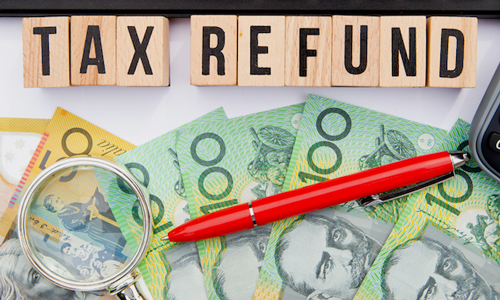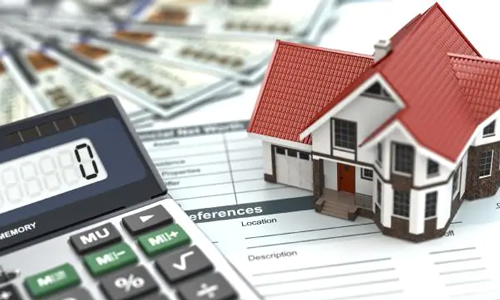Getting your foot on the property ladder, upgrading your current home, or making a property investment can be a change that marks the start of a new chapter in your life. However, it’s important to make sure your ability to borrow matches your ambitions for your home, so what are the main factors that affect how much you can borrow? Let’s take a look.
Your deposit amount
Australian banks expect you to bring a lump cash sum with you as a deposit when you buy a home, and that deposit has become even more important in recent years, with higher sums required after the 2008 financial crisis. A good rule of thumb is to borrow no more than 80% of the value of the house, so the more money you can raise in cash, the higher your borrowing capacity will be.
Your credit history
As with other types of loans, a bank will look at your credit history when deciding whether or not to grant you a mortgage loan. This includes everything from your current liabilities to your payment history, and unfavourable elements such as missed payments or defaults on other loans will limit your lending capacity. While poor credit doesn’t rule you out of getting a loan, it can mean a strict cap on how much you can borrow or a loan that attracts less favourable interest rates.
Income and outgoings
Alongside your credit history, the next most important factor in your ability to borrow money is your income and outgoings. Having enough money left over each month to pay the mortgage is vital, of course, but banks will also be checking how you would fare in the event of a shock such as a loss of income. In general, your housing costs shouldn’t exceed 1/3 of your income, so you may find your borrowing power limited within these criteria.
Potential credit
While you may have limited debt and good repayment history, it’s important to remember that your credit limits can also affect your capacity to borrow. If you have a number of cards and accounts with high credit limits, the banks may calculate your debts in the assumption that you could use all of those limits and take on far more debt. As a result, it’s a good idea to close any cards or accounts you don’t really need, which will reduce your perceived liabilities.
The value of the property
You and the seller may have a good idea of what you think your new property is worth, but the banks may not agree. The condition of the property, the value of nearby properties and the state of the area it’s in can all make a house’s real value less than the asking price, and a bank will only lend you what they think they can get back. Make sure you have a realistic valuation of the house to avoid disappointment.
Conclusion
The amount you can borrow to buy a house in Australia is more complicated than just a simple income vs mortgage calculation and includes factors such as your debts and your history with money. Make sure you’ve optimised your personal finances before you try to borrow for a better chance of success.












